Households, individually, may make a significant impact on global energy use and the development of a more sustainable society. In 2019, residential consumption accounted for 26% of total energy use, as reported by the European Commission. That accounts for over a third of the nation's total energy use.
The question then becomes how private homes might practice environmentally responsible energy use.
A home's energy use can be tracked, analyzed, and even managed with the help of specialized hardware and software solutions. It helps people reduce their energy use and costs while also improving their impact on the environment.
Energy management is used by a wide variety of systems to guarantee effective utilization of energy and supply a reliable power supply to meet the needs of any type of infrastructure. Home energy management systems (HEMS) are a type of energy management system designed specifically to reduce household energy consumption.
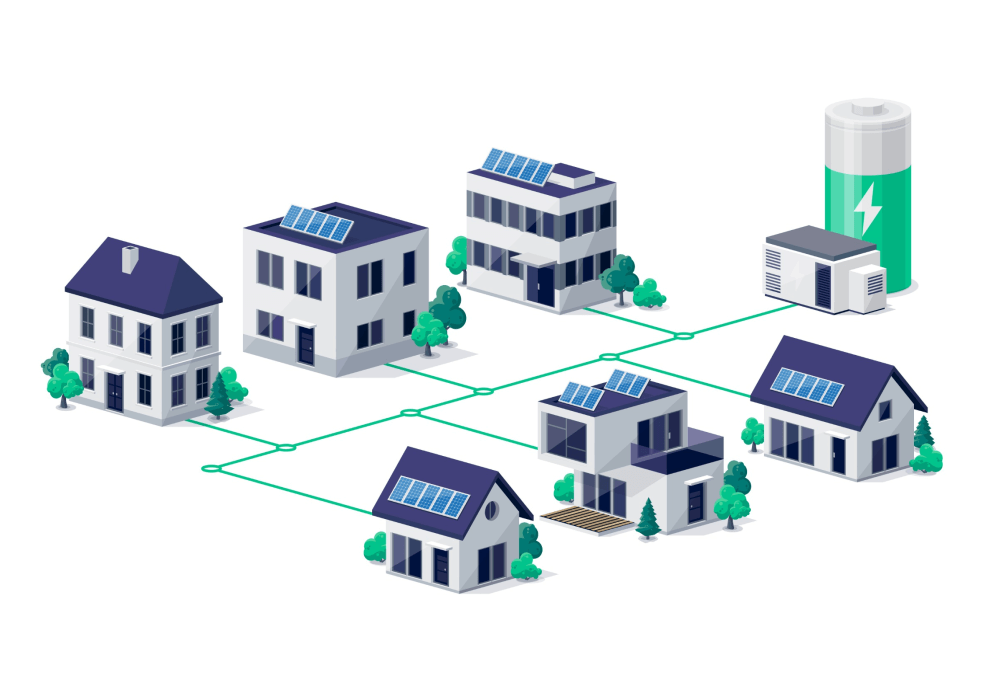
By collecting and analyzing data on energy use, monitoring energy needs, measuring energy consumption for individual home components and appliances, coordinating the use of appliances, solar panels, and other devices, automating systems for optimal energy consumption, syncing with smart home devices to manage use, and managing backup power and home batteries, a home energy management system can help increase energy efficiency.
A solar panel array can be connected to certain household energy systems to more effectively distribute power throughout the day. Given the intermittent nature of solar energy, this is really useful. A home management system can also decide if the extra energy should be sent to the grid or kept in a battery for later use.
However, they are still quite useful even if you don't use solar power, and their advantages go far beyond the homes who have a HEMS installed.
Home energy management systems can tell you more than simply how many kilowatt hours it takes to power your home. They do more than only cut energy use and utility bills by 5-10%. As an added bonus, they facilitate more responsible energy consumption and reduce the burden on power grids. Additionally, a HEMS has the potential to extend the life of connected appliances as smart homes become more commonplace.
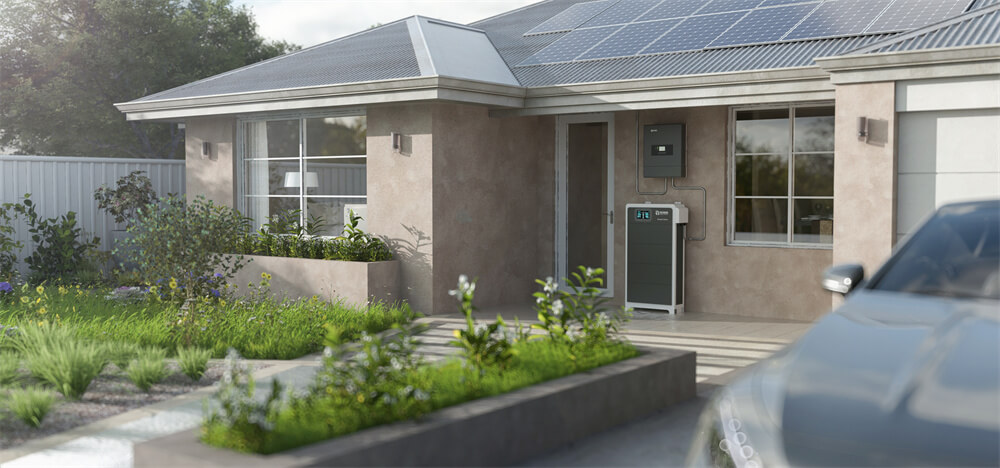
Energy management is a comprehensive field that addresses every facet of this vital resource.
It can be used along the entire energy value chain, from the initial production of energy to its ultimate consumption by a wide range of infrastructures.
Households require their own unique energy management systems due to the vast differences between residential and business or industrial usage patterns.
Furthermore, many smart houses are considering installing solar panels on their roofs in order to become energy independent. Smart systems, which understand a household's energy consumption patterns, are required to guarantee reliable, secure, and steady energy delivery, as well as to maximize the use of renewable energy sources.
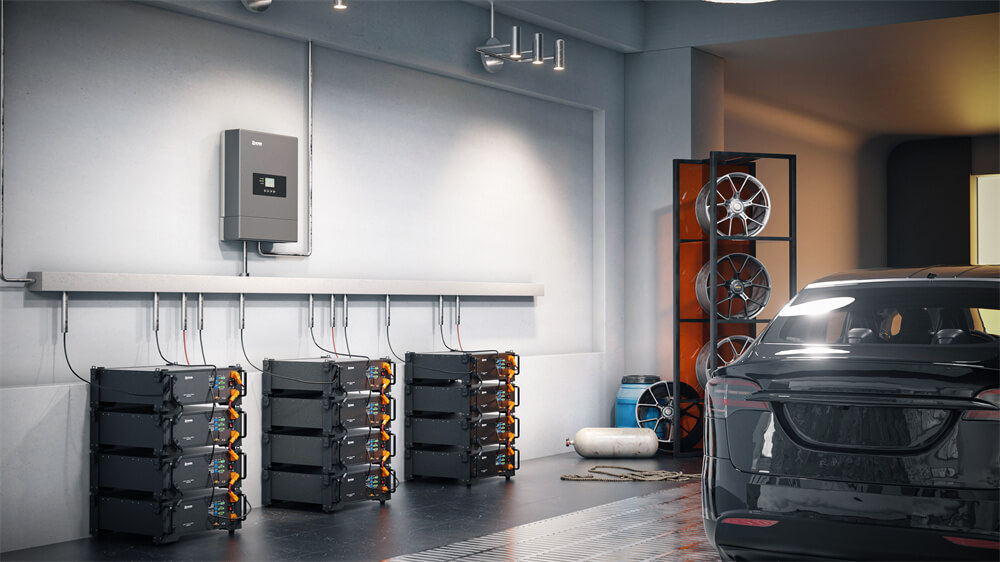
While there are many variations, all home energy management systems share common features. In particular, a HEMS requires the following three parts to function properly.
The nerve center of your home's energy management system is the hub. The appliance connects to the electrical panel and gathers information from there. The data is transmitted from the hub to the application, where it is made available to the user.
The data from the hub is read by the software and made usable by the homeowner. Either a web browser or mobile app will get you in.
The energy management system's hub and software conduct the bulk of the work, but without an internet-connected device to communicate with the hub, the software is useless.
Together, the hardware and software that make up a home's energy management system provide for precise control over the household's energy consumption. The HEMS serves as a hub for the home's appliances, its metering system, and its communications infrastructure.
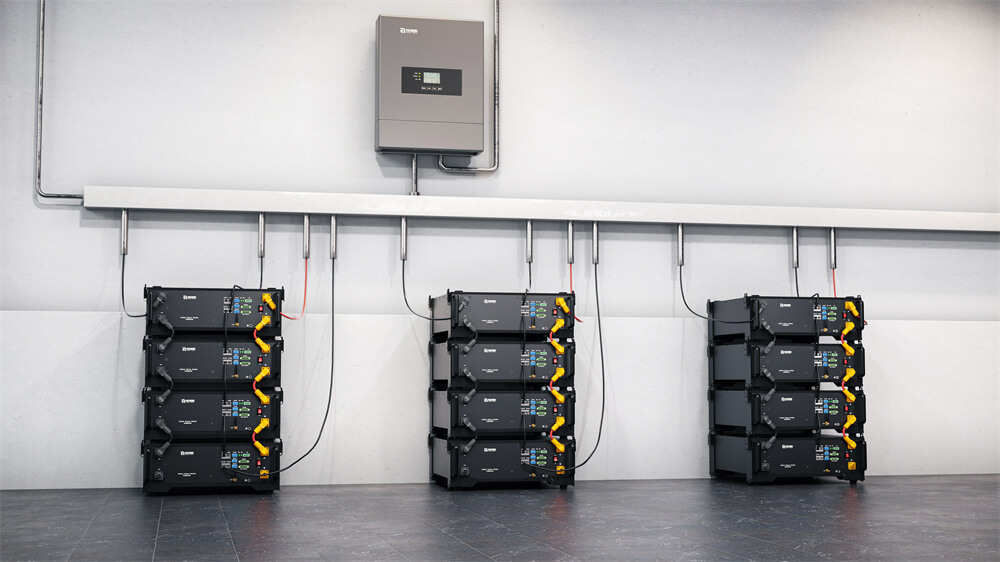
The major hardware component is the heart of the HEMS and is essential to its operation. This component is wired into the home's main electrical panel, which controls power flow throughout the dwelling. It coordinates the flow of information among the various energy-control devices, the user, and the appliances in the home.
The capabilities of a HEMS can be enhanced by adding hardware components in addition to its core unit. Hardware that is part of HEMS also includes energy management equipment such photovoltaic batteries, smart meters and switches, sensors, etc.
Data and communications between devices and the user are governed by the HEMS's software. It does this by transmitting data between the HEMS, the provider, and the end user via the communication network. The software also features an algorithm for analyzing energy consumption data and discovering optimization potential.
It can also be understood in a broader sense as the connection point between the user and the HEMS. It relays data on energy use collected from various devices and offers tips for cutting back. While it can receive commands from its users and relay them to their gadgets.
Further, it can facilitate a range of features that give the user enhanced command over the home's energy consumption. Rules based on time or conditions can be used to regulate the operation of devices and the energy supply of home appliances, for instance. Machine learning and artificial intelligence (AI) are used in more complex systems to make them more intelligent and improve the home's energy efficiency.
The versatility of energy management systems for the home varies widely. A home energy management system can be used to improve your energy efficiency in four key areas. While some HEMS use all four, others may only use two or three. Below, you'll find explanations of each one.
A flexible home energy management system relies on electrical power to perform its primary functions. A HEMS should allow the user to "see" what devices are doing and "reach in" to them to turn them on/off or make other adjustments (such as lowering the temperature setting on a thermostat) remotely.
Key factors in electricity consumption management will refer the grid electricity rates, whether the customer is on time of use billing, and whether or not there are solar power or batteries available on site, provided that the HEMS is primarily designed to save the user money.
Off-grid operations further highlight the importance of a HEMS in ensuring reliable access to electricity by making the most of available resources.
It is now typical in many countries for homeowners to install solar panels and generate some of their own electricity using small-scale solar photovoltaic (PV) power. A solar panel owner's decision to'self-consume' their solar energy directly or maximize export to the grid may be influenced by a variety of factors, including the specifics of their circumstances and the incentives available to them.
An energy management system is more appealing for a home with solar battery storage (see below) than it would be for a home without any on-site generation.
When it comes to residential energy, battery storage is the next big thing since it can help people become more energy independent and save money on their electricity bills. However, having a smart management system that can consider numerous variables, like as whether you are on a time of use or flat rate tariff and if you have any incentive to sell stored energy into the grid, is helpful in order to maximize the value of a battery bank.
The use of solar energy to heat water for domestic use is known as solar thermal, also known as solar hot water. Despite the fact that solar hot water systems often run in isolation from the rest of a home's electrical gadgets, the addition of a smart HEMS with the appropriate connectivity and monitoring features can significantly increase their value.
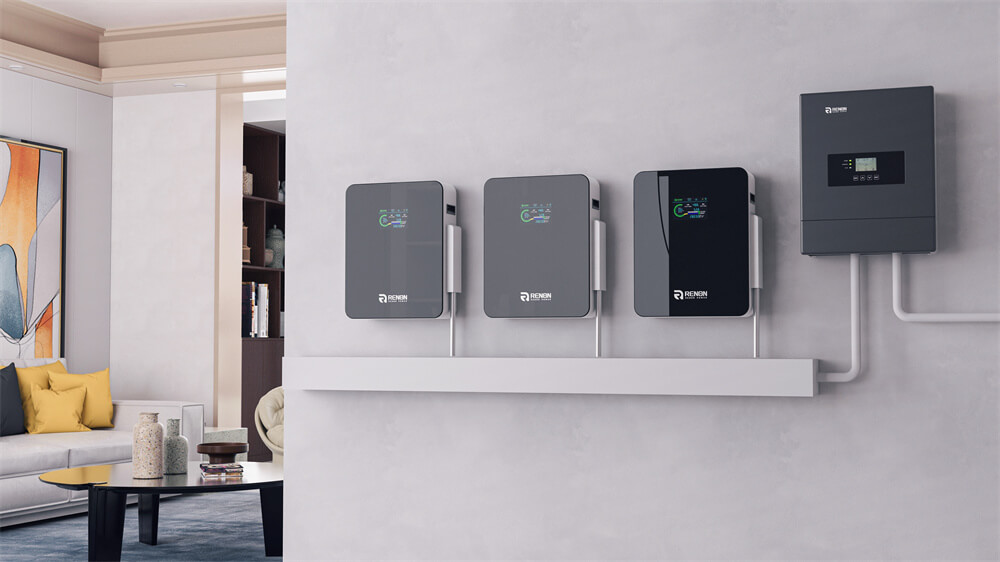
How then does a HEMS calculate power consumption and seek ways to improve efficiency? The program employs sophisticated algorithms to do more than track energy input and output from renewable sources like solar panels.
A lot of home energy management systems don't merely look at your electricity usage patterns to figure out how to save you money. Yes, it is accumulating information to better understand current and future energy use patterns and trends. However, the home energy management system does take into account a few other factors.
The home's energy use is greatly affected by events occurring outside the house. The HEMS will think about the weather to make sure the house is always cozy.
When making recommendations or automating processes, certain HEMS will take the cost of energy into account. Some energy plans include a variable rate that varies from month to month or even hour to hour, reflecting the fact that energy prices are subject to alter at any time.
The term "grid service availability" describes how reliably the power grid can supply consumers with energy. For residences equipped with solar panels and energy storage for usage during peak demand on the electric grid, this is crucial.
Renen Power can provide a total packaged solutions for home energy management systems that is possible to storage energy from photovoltaic, generator and grid after connecting to the inverter. Its stacked installation allows for rapid build to any home, and improved surge power capacity brings whole home backup in a compact system. The intelligent EMS platform enables users to customize system behavior and monitor the system operation.
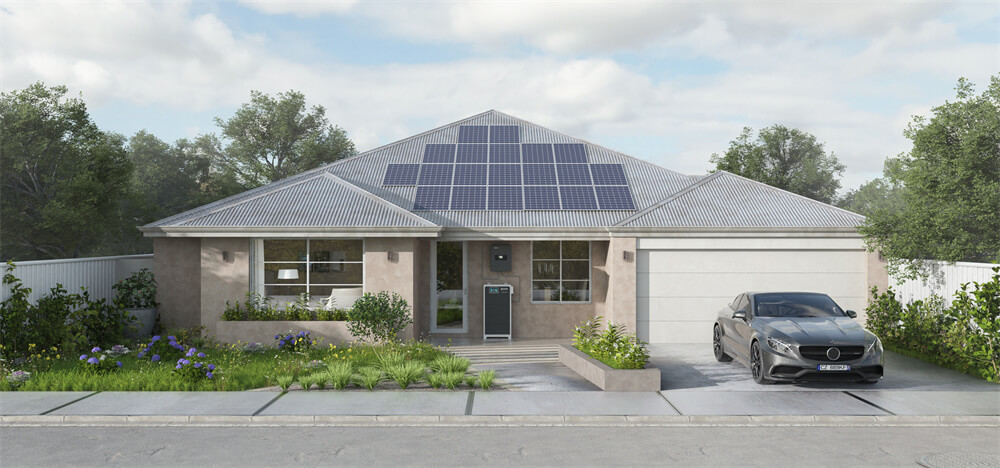
The main products series include:
There is significant potential for homeowners to exert influence over their energy consumption with the help of HEMS because of the system's ability to monitor consumption, relay that data to the homeowner and other connected devices, and then take appropriate action.
In the future, HEMS will incorporate even more high-tech devices and algorithms to guarantee the most effective methods for making a home energy-efficient and trustworthy. In addition to financial benefits, homeowners can make significant contributions to the sustainability movement.

扫码关注
We use cookies to understand how our audience uses our site.
Renon Power websites use cookies to deliver and improve the website experience. See our cookie policy for further details on how we use cookies. Privacy Policy